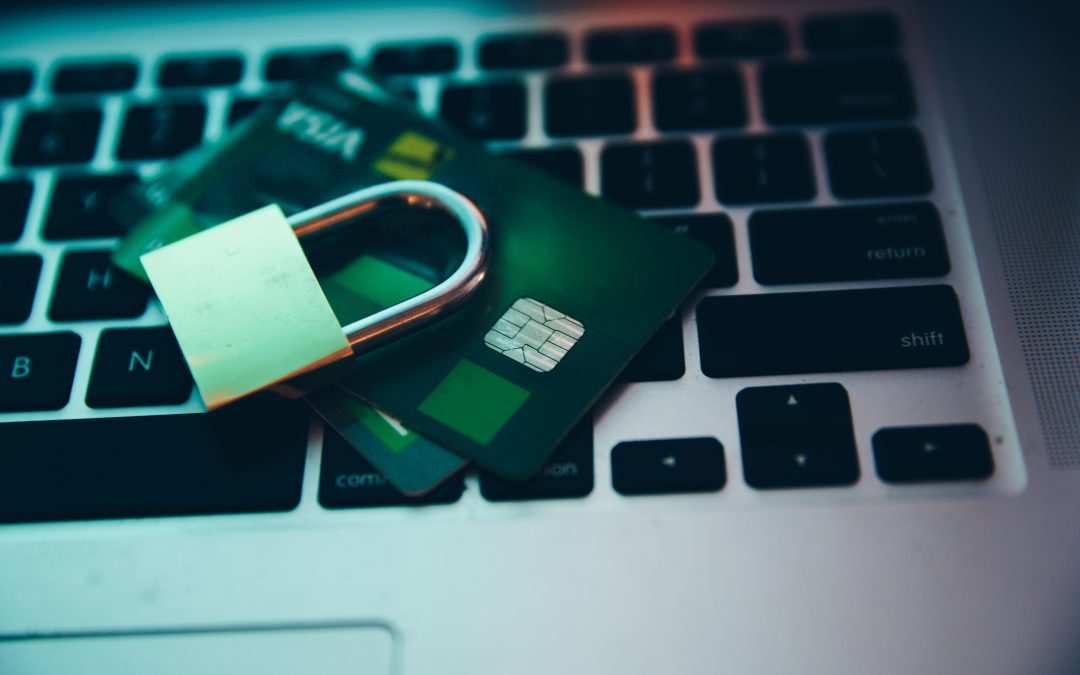After applying gap analysis in your business, when you discover that delays in your work or your competitors getting your company’s personal info is due to the system being hacked, it helps you understand that you must keep your data secure from any disruption. Hackers are criminals that illegally enter a network and its devices intending to steal private data, such as credit card numbers or trade secrets. You can safeguard your machines by employing firewalls, antivirus software, and adhering to general computer usage best practices.
In the 1990s, the World Wide Web expanded and created new opportunities and sectors while also introducing unique connectivity drawbacks. Emailing accounts started to get inundated with spam. Computer viruses wreaked havoc on company networks. Computer hacking, a new threat, expanded the definition of theft to breaking into your computer, taking your personal information, coercing you into disclosing private information, and then using that information to steal and extort personal information, including business secrets, bank account information, and even people’s identities.
What Do Hackers Do?
Hackers are those who get access to internet-connected devices like computers, tablets, and smartphones to steal, alter, or delete data.
Hackers typically get access to equipment with nefarious intent, much like other burglars do. (White hat hackers, who hack into their equipment and discover security problems that need to be patched, are an exception, though.) Hackers may try to steal, alter, or destroy data from your devices and frequently accomplish this by installing malware. It is a software used for harmful reasons, which you might not even be aware has been installed. Before you become aware of a break-in, these thieves might gain access to your most important data.
Kinds of Hacking:
Some of the motives computer hackers enter systems include the following:
1. Financial Offences:
Everyone is familiar with the cliché about someone checking their credit card statement and discovering transactions they didn’t make. These fraudulent transactions are frequently the consequence of computer hackers obtaining your credit card details, containing account information, or other financial information.
2. Vandalism:
Because hacking has its own subculture, some hackers could feel the need to vandalize specific websites in order to impress their peers. Does it sound absurd? Please don’t make the error of not taking this motivation seriously; according to Malwarebytes, it’s very typical.
3. Hacktivism:
This mashup names a kind of hacking that resembles vandalism. Some hackers might have political motivations for wanting to change or destroy specific websites.
4. Business Espionage:
Hacking has just increased the accessibility of espionage for the average person. Spying was practiced long before the internet era. A corporation can hack into other companies’ gadgets to steal their information and use it to create an unfair competitive edge because a large portion of the world is always connected to the internet.
How to Prevent Hackers from Accessing Your Computer?
The majority of businesses rely on the internet to check their finances, order and keep inventory, run marketing and PR efforts, connect with consumers, participate in social media, and carry out other crucial operations—despite the presence of computer hackers. Yet even at more influential organizations with advanced security safeguards, we frequently learn about significant computer intrusions, and a cyber security analyst might come in handy.
Small businesses are also frequently targeted, mainly because they might not realize how risky cybercrime is and might not have the funds to invest in pricey measures. Use the following advice to safeguard your devices and sensitive data:
1. Use A Firewall:
Firewalls are programs that isolate your data from the outside world and are included with Windows and macOS. Firewalls shield your company’s network against unwanted access and notify you of any incursion attempts.
Activate the firewall before accessing the internet. Depending on your broadband router, which also includes a built-in firewall to safeguard your network, you may buy a hardware firewall from businesses like Sophos, Cisco, or Fortinet. You can buy an additional business networking firewall if your company is more prominent.
2. Put Antivirus Software in Place:
Malware and computer viruses are pervasive. Antivirus products like Bitdefender, Panda Free Antivirus, Malwarebytes, and Avast protect computers from malicious malware and unauthorized code. Viruses can cause apparent consequences, such as slowing down your computer or deleting important information, or they can be less noticeable.
By identifying real-time threats and preserving your data, antivirus software is crucial to safeguarding your machine. Some cutting-edge antivirus solutions offer automatic updates, protecting your computer against the new threats that surface daily. Don’t forget to use your antivirus application after installing it. To keep your computer virus-free, run or program routine virus scans.
3. Put Together an Anti-Spyware Programme:
Spyware is a specific kind of software that covertly watches and gathers data from individuals or businesses. It tends to produce unwanted adverts or search results intended to send you to specific (sometimes malicious) websites and is built to be challenging to detect and delete.
Some spyware logs each keystroke to access passwords and other sensitive financial data. Although anti-spyware focuses solely on this danger, it is frequently included in popular antivirus packages from companies like Webroot, McAfee, and Norton. Real-time security is provided by anti-spyware products, which examine all incoming data and thwart threats.
4. Use Difficult Passwords:
The key to preventing network invasions is to use strong passwords. It is more difficult for a hacker to access your system the more secure your passwords are.
Longer and more complex often equates to more secure. Use a password with at least eight characters, a mix of uppercase, lowercase, computer symbols, and at least one number. Hackers have a variety of methods at their disposal to crack short, quick, simple passwords.
Never use general terms or phrases that stand in for birthdays or other personally identifiable information. Don’t use the same password twice. Consider utilizing a password manager like Dashlane, Sticky Password, LastPass, or Password Boss if you have too many passwords to remember.

